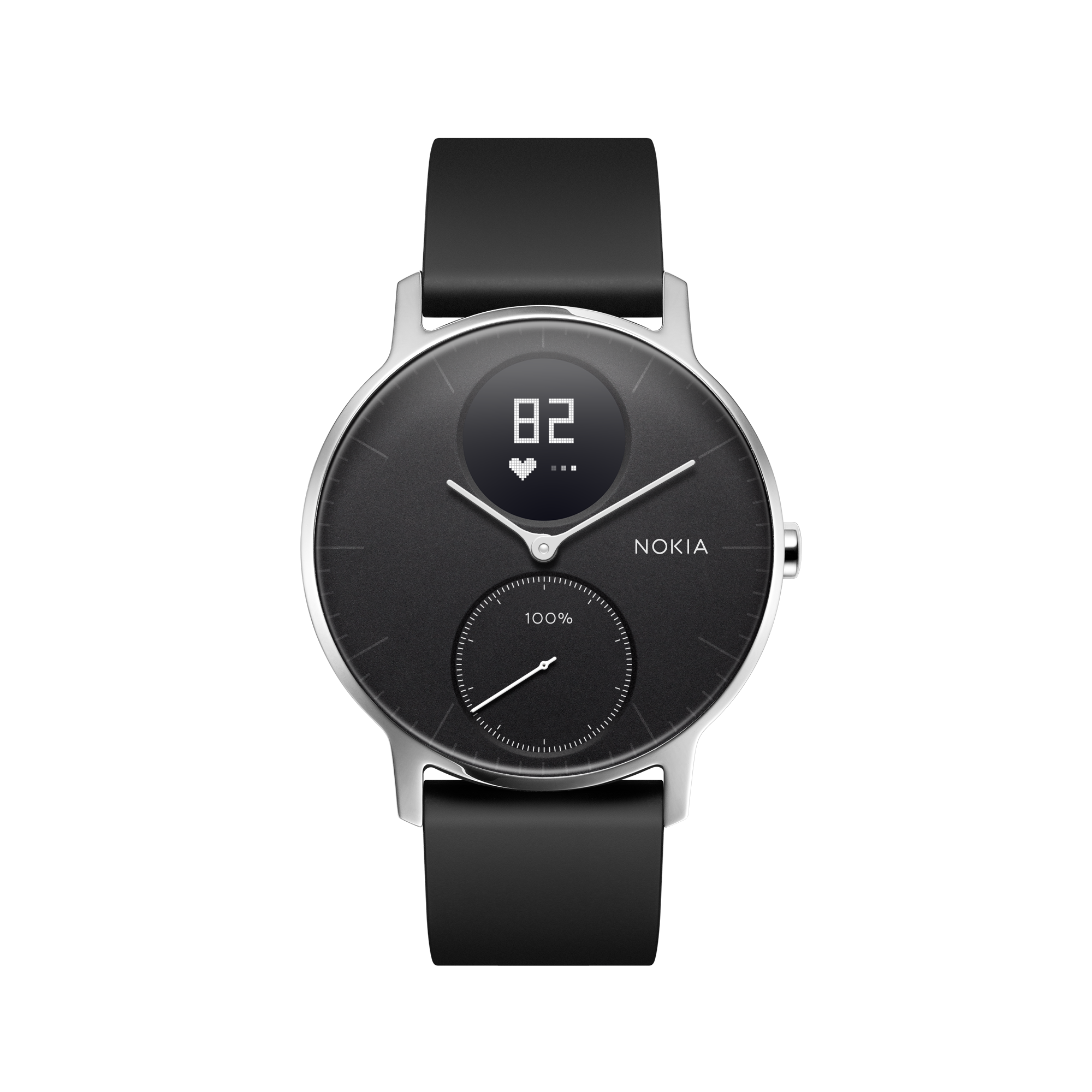
Could the 5:2 diet be the answer to your weight-loss woes? We’ll explore the diet, its health benefits, and the nutritional science behind it.
Eating whatever you want five days a week? It’s no wonder that the 5:2 diet is taking the world by storm! We decided to take a look at this popular form of intermittent fasting and give you the lowdown on the health benefits that may be associated with it.
What is the 5:2 diet?
The 5:2 diet is based on the idea of intermittent fasting, an umbrella term for a range of diets (or dietary patterns) wherein you cycle between periods of fasting and periods of eating. Other forms of intermittent fasting you might want to explore include the 4:3 diet and Time-Restricted Feeding (TRF). People who follow the 5:2 diet eat normally for five days a week and fast on the other two days. It doesn’t matter which two days of the week you choose to fast, just as long as you don’t fast for two days in a row.
So, how much can you eat when you’re on the 5:2 diet? On days that you’re eating normally, you can eat as much as you like, but on days when you’re fasting, you should try to limit your calorie intake to around 600 for men or 500 for women. Those figures are based on the recommended calorie intakes of about 2400 for men and 2000 for women, so in essence, you should be eating about a quarter of your regular daily calories on fast days.
Sidebar!—it’s important to remember that “eating normally” means exactly that. One of the great strengths of the 5:2 diet is the fact that it takes a bit of the pressure off dieting, so if you want to enjoy an extra serving or two, you don’t have to be wracked with guilt. However, if you spend your non-fast days binging on junk food or sugary snacks, you’re probably not going to lose weight anyway. If anything, you may end up gaining weight.
As with all diets, you should seek medical advice from a doctor before you embark on a restrictive eating program, just to check that there are no potential issues before you get started. There are also certain people who should actively avoid fasting-based diets completely, including:
- Pregnant or breastfeeding women
- People who have a history of eating disorders
- Women who are attempting to conceive
- People with diabetes
- People who have nutrient deficiencies or are malnourished
- People who are sensitive to low blood sugar
- Children
What are the benefits of the 5:2 diet?
For a start, you’re only really on a diet for less than a third of the week, which means that the 5:2 diet may be easier to follow than other types of calorie-controlled diets. In fact, a 1992 study on the effects of intermittent fasting—although not specifically the 5:2 diet—found that patients were more likely to comply with intermittent fasting than they were with traditional calorie-restriction diets. Although some people have difficulty with the “fasting” element of the diet, other people view the diet as something approaching a way of life, rather than a restrictive list of do’s and don’ts.
The potential benefits of fasting for weight loss have been widely reported. A study released in 2010 found that women on the 5:2 diet achieved similar weight loss levels as women who were on calorie-controlled diets. Furthermore, the study found that women on the 5:2 diet achieved a reduction in the number of biomarkers that point to the risk of developing conditions like cancer, diabetes, and cardiovascular disease.
There are a number of other reported health benefits associated with intermittent fasting, including the possibility of reduced insulin levels. Moreover, a 2012 study found evidence to suggest that the 5:2 diet may help to lower people’s risk of developing obesity-related cancers, such as breast cancer. Another recent study suggested that intermittent fasting may be an effective way to boost your metabolism.
What are the drawbacks of the 5:2 diet?
While there’s plenty of evidence in support of the 5:2 diet, there are definitely still some drawbacks to consider:
- Although the 5:2 diet could be an effective weight loss tool at first, it may be unsustainable in the long term. Committing to fasting twice a week for the rest of your life is unappealing to many people, and a diet that suits you in your twenties may not appeal in your forties or fifties.
- People may use non-fast days as an opportunity to eat whatever they like. Those who have a tendency to binge may not see the same effects as diligent followers.
- One of the main criticisms of the 5:2 diet is the fact that it doesn’t teach healthy eating practices. For most people, successful weight loss isn’t just the result of your diet; it comes down to a myriad of factors, including fitness, nutrition, sleep, and stress management.
Sample 5:2 diet meal plans
Want to give the 5:2 diet a spin? You’re probably wondering about the reality of those dreaded fast days. You should be focusing on nutrient-dense foods, which means that high-protein, high-fiber foods like poultry and vegetables are your best bet. Check out BBC Good Food for tons of tasty fast-day recipes that are appropriate for anyone fasting for weight loss.
Because it’s easy to stick with, the 5:2 diet could be an effective aid to your weight-loss journey, allowing you to enjoy the yummy foods you love five days a week.



